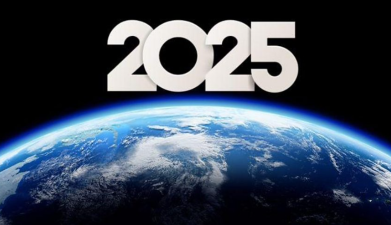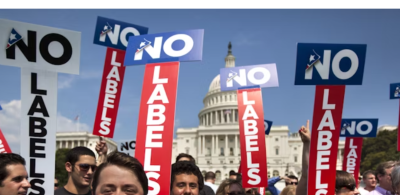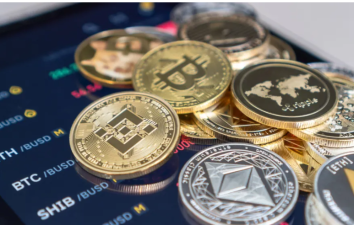In the world of cryptocurrency trading, digital currency exchanges play a vital role. They are the main entry point for investors to enter the crypto market. However, behind this seemingly prosperous market, there are some unknown "hidden rules", and some new ways of playing are constantly emerging.
In the world of cryptocurrency trading, digital currency exchanges play a vital role. They are the main entry point for investors to enter the crypto market. However, behind this seemingly prosperous market, there are some unknown "hidden rules", and some new ways of playing are constantly emerging.
With the rapid development of the cryptocurrency market, governments around the world have gradually strengthened their supervision of this emerging field. The tightening of regulatory policies is aimed at preventing financial risks, combating money laundering and other illegal activities. However, this has also brought huge compliance pressure to cryptocurrency exchanges.
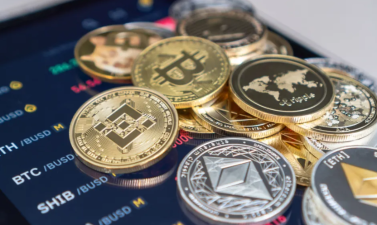
Regulatory policy adjustments in major countries
The U.S. Securities and Exchange Commission (SEC) recently investigated several cryptocurrency projects, emphasizing their applicability to securities laws. The European Union passed the "Market Regulation of Crypto Assets" (MiCA) regulations, which aim to provide a unified regulatory framework for crypto assets. These policy changes require exchanges to adjust their operating strategies in a timely manner.
Reasons for tightening policies
The reasons for countries to strengthen supervision mainly include: preventing financial risks, protecting the interests of investors, combating money laundering and terrorist financing activities, and maintaining the stability of financial markets. These factors have prompted governments to impose stricter supervision on cryptocurrency trading activities.
New ways to play in digital currency exchanges
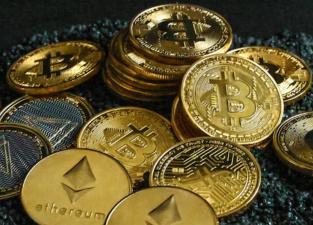
- Decentralized trading (DEX)
With the development of blockchain technology, decentralized exchanges have risen. Unlike traditional centralized exchanges, DEX does not require a third-party intermediary to custody users' assets, and users can trade directly on the chain. This trading method improves the security of user assets and also enhances the transparency of transactions. For example, Uniswap, SushiSwap, etc., they implement transactions based on smart contracts, and users can freely exchange various cryptocurrencies.
- Social trading
Some exchanges have begun to introduce social trading functions, allowing users to follow other successful traders to trade. Users can view other traders' trading strategies, transaction records and other information, and choose to follow them to trade. This model is very helpful for novice investors, who can learn trading skills and improve their investment level by following experienced traders.
- Futures and options trading
More and more exchanges have launched futures and options trading services. Futures trading allows investors to buy and sell a certain amount of cryptocurrency at an agreed price at a certain time in the future, while options trading gives investors the right to buy or sell cryptocurrency at an agreed price at a certain time in the future. These derivatives transactions provide investors with more investment strategies and risk management tools.
It is expected that regulatory policies will become stricter in the future, and exchanges need to continue to pay attention to policy changes and adjust their operating strategies in a timely manner. Strengthening communication and cooperation with regulatory agencies and actively participating in the policy-making process will help exchanges adapt to the future regulatory environment.

